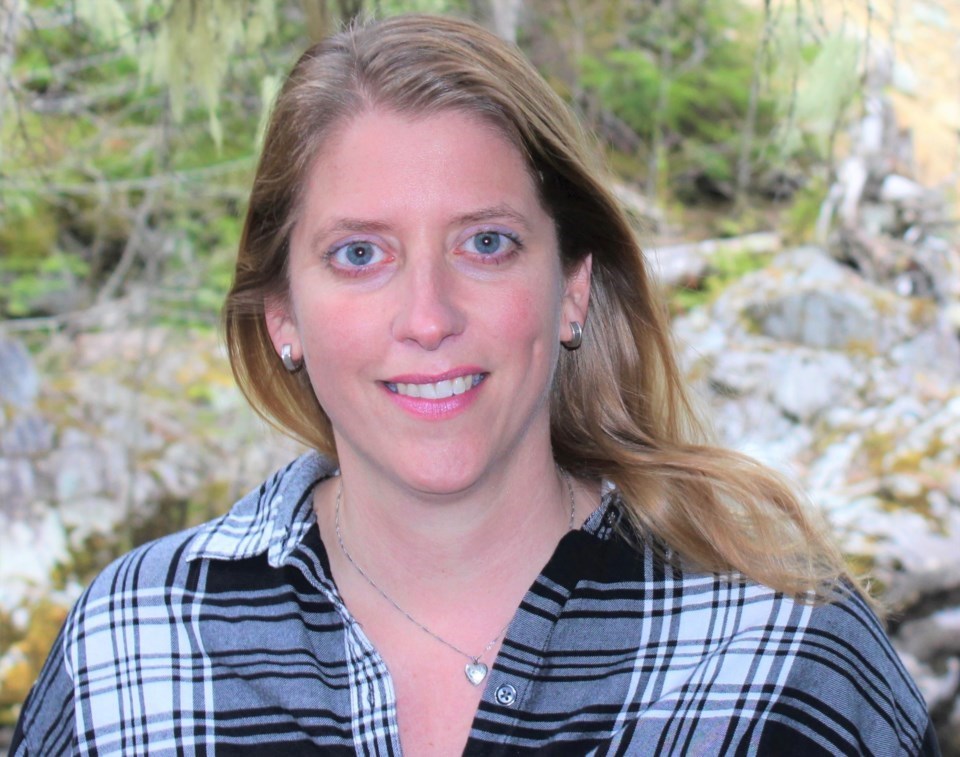The Whistler Community Foundation (WCF) has secured a sizable chunk of federal funding that it can dole out to organizations across the Sea to Sky, part of a wider national effort to support the post-pandemic recovery of Canadian charities, non-profits and Indigenous governing bodies.
“We all recognize as funders that charities, non-profits and Indigenous governing bodies really need support right now as they adapt to post-pandemic realities,” said WCF's Chief Executive Officer Claire Mozes on Thursday, Jan. 12.
The $145,000 earmarked for the WCF represents a small portion of the $400-million Community Services Recovery Fund, a one-time injection of federal funds aimed at supporting organizations that have “struggled with increased demand for their services, reduced revenues, declines in charitable giving due to the rising cost of living, and a greater need to make use of digital tools as part of adapting and modernizing their operations,” read a release.
Ottawa has split the funds between three national funders: the Community Foundations of Canada, Canadian Red Cross and United Way Centraide Canada. Each funder will be responsible for distributing grants supporting a specific focus area: “Investing in People,” which will support one-time projects honing in on how organizations recruit, retain, engage and support their personnel; “Investing in Systems and Processes,” which will support one-time projects that invest in the systems and processes involved in creating the internal workings of an organization’s overall structure; and “Investing in Program and Service Innovations and Redesign,” which will support one-time projects primarily focused on program and service innovation and redesign using information gained during the COVID-19 pandemic.
Community foundations like the WCF will be tasked with handing out funds for systems and processes improvement. Mozes said the minimum $10,000 grants are designed to “support organizations from the inside out.”
“It’s about investing internally in not-for-profits, charities, and Indigenous governing bodies so if they need, say, a new communications plan and need to update ... their accounting system, but also things like updating and implementing a new fundraising strategy, or thinking about working together and perhaps merging with another community service organization. So these really big-picture things that can support what they’re doing now and what they want to do in the future,” added Mozes.
Mozes stressed that eligible Sea to Sky groups can also apply for grants in the other two focus areas through the main Community Services Recovery Fund portal, at communityservicesrecoveryfund.ca, and aren’t relegated to the systems and processes funds being distributed by the WCF.
“Organizations will need to go online to the website and see what areas fits them best; perhaps there is funding available in a different stream than we’re funding for,” said Mozes.
With the WCF normally focused on charities, Mozes said it’s a rare opportunity for a wide array of organizations to obtain much-needed funds.
“That is a huge difference on our part to be able to fund groups other than just charities,” she said. “It is a bit rare that these kinds of grants come along where we’re actually saying, ‘Hey, look at your organization and find ways to improve and here’s some funding to do it.’”
Mozes also clarified that, despite it being called a Community Services Recovery Fund, the grants are available to more than just social-service providers.
“It’s widespread. It’s literally all aspects of community that you can think of if they are a charity, a non-profit or an Indigenous governing body that fits the criteria,” she said. “We try to work from a place of yes. We want to support our local organizations, so if they are putting forward an application that fits closely with the eligible expenses and program design, that makes the role of the selection committee [easier].”
Since the WCF was founded in 1999, it has handed out more than $3.7 million in grants to deserving local groups, including roughly $292,000 in 2021.
Applications are open now until Feb. 21 at 5 p.m. Apply at communityservicesrecoveryfund.ca/apply-now.




